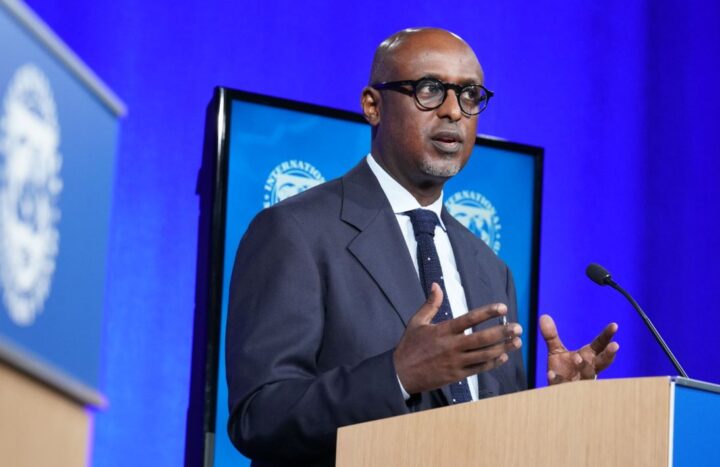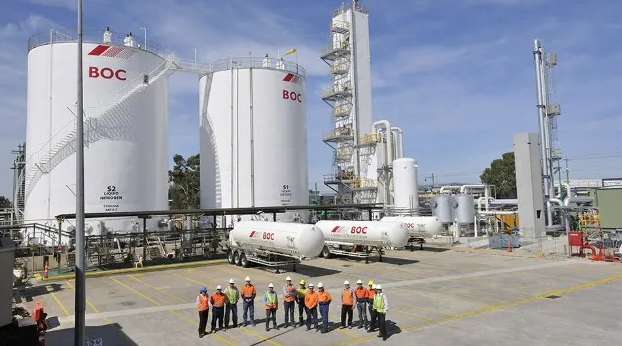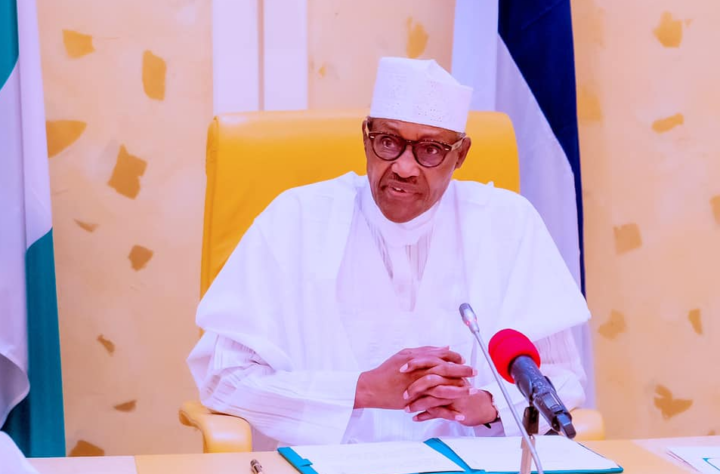The International Monetary Fund (IMF) says economic recovery in sub-Saharan Africa will be the slowest in the world.
In its October Regional Economic Outlook for sub-Saharan Africa report released on Thursday, the Bretton Woods institution projected the region’s economy to grow by 3.7 percent and 3.8 percent for 2021 and 2022, respectively.
Speaking on the report, Abebe Selassie, director of the IMF’s African department, blamed slow COVID vaccine rollout and stark differences in policy space for the slow recovery.
“As sub-Saharan Africa navigates through a persistent pandemic with repeated waves of infection, a return to normal will be far from easy,” Selassie said.
Advertisement
“In the absence of vaccines, lockdowns and other containment measures have been the only option for containing the virus.
“At 3.7 per cent this year, the recovery in sub-Saharan Africa will be the slowest in the world — as advanced markets grow by more than five per cent, while other emerging markets and developing countries grow by more than six per cent.
“This mismatch reflects sub-Saharan Africa’s slow vaccine rollout and stark differences in policy space.
Advertisement
“Real per capita income is expected to remain close to 5 and a half percent below pre-crisis trends, with permanent real output losses ranging between -21 percent and -2 percent.”
According to Selassie, widening gaps between countries have been accompanied by growing divergence within countries, as the pandemic has had a particularly harsh impact on the region’s most vulnerable.
“With about 30 million people thrown into extreme poverty, the crisis has worsened inequality not only across income groups but also across subnational geographic regions, which may add to the risk of social tension and political instability,” he said.
“In this context, rising food price inflation, combined with reduced incomes, is threatening past gains in poverty reduction, health, and food security.”
Advertisement
He added that increasing debt vulnerabilities remain a source of concern as half of sub-Saharan Africa’s low-income countries are either in or at high risk of debt distress.
The IMF director said that there was an imminent need for policymakers in the region to tackle the region’s pressing development spending needs, contain public debt, and mobilise tax revenues.
He noted that the recent SDR allocation by the IMF had boosted the region’s reserves, easing the burden of authorities as they guide their countries’ recovery.
“On COVID-19, international cooperation on vaccination is critical to address the threat of repeated waves,” Selassie added.
Advertisement
“This would help prevent the divergent recovery paths of sub-Saharan Africa and the rest of the world from hardening and becoming permanent fault lines, which would jeopardise decades of hard-won social and economic progress.”
Despite the slow growth projection for sub-Saharan Africa, the IMF raised Nigeria’s growth forecast from 2.5 to 2.6 percent.
Advertisement
Add a comment






